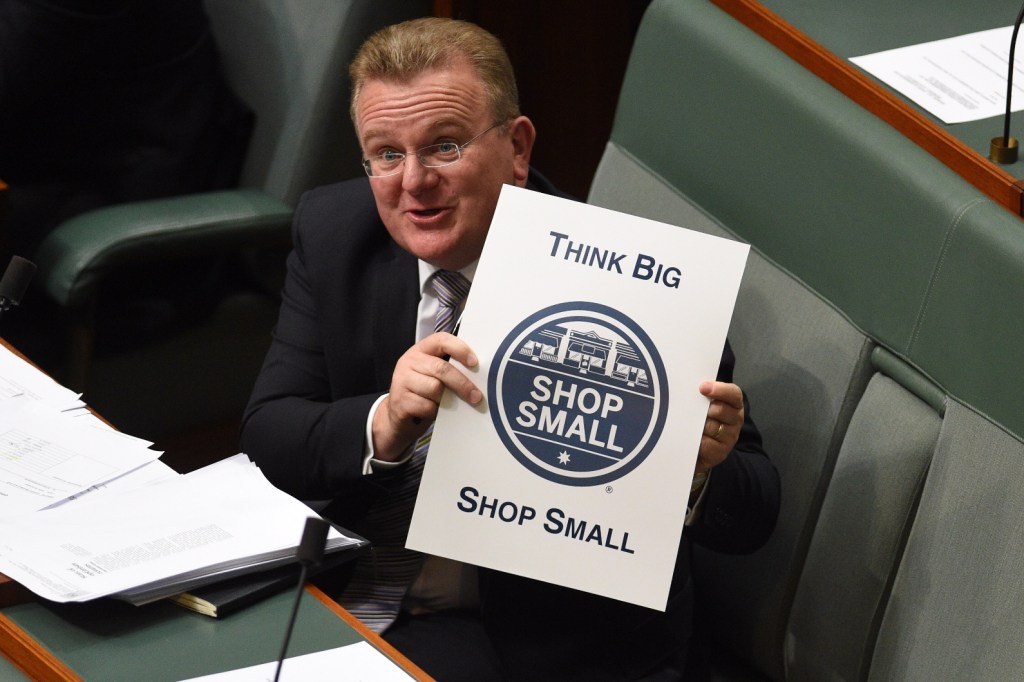
Small business and government are both getting a raw deal on procurement because of systematic risk aversion, according to a new report.
The final report from Australian small business and family enterprise ombud Bruce Billson‘s inquiry into the effectiveness of commonwealth procurement rules for small businesses has found small business owners think applying for government work is more trouble than it’s worth.
Billson said Commonwealth procurement has increasingly favoured large and existing suppliers since 2014. He said small businesses didn’t have the resources to compete with large, established suppliers on government tenders.
“Seasoned small-business suppliers report that officials often appear to fail to value their time or cash-flow constraints, or to provide timely or transparent responses,” he said.
“We have heard cases of officials giving suppliers less than 10 days to submit a tender (contrary to the CPRs), not responding to submissions until months have passed (or not at all) and not receiving any explanation, encouragement, or advice when unsuccessful.
“Further, the trend towards insourcing is heightening concerns about competition and grievance procedures, with some stakeholders emphasising that an extended drought in commonwealth work will concentrate the market for larger suppliers, as smaller firms will be forced to cut back, sell up or shut down.”
The government procured goods and services worth $75 billion in 2022-23. Despite making up 97% of all businesses, procurement from small business suppliers accounts for only $8 billion (11%) by value.
Billson said public servants often lacked the knowledge or resources to do better.
In the report’s survey of public officials, 78% of operational staff said the most common barrier to them approaching or using a small or medium enterprise (SME) was they didn’t know who qualified. An even higher number reported a lack of staffing to write tender responses (81%) as a barrier to SME participation in procurement, followed by a lack of knowledge of commonwealth procurement processes (80%).
This is a long-standing problem. The inquiry was commissioned by Public Service Minister Katy Gallagher to investigate whether changes made in 2022 had made things any better for small businesses. This has become something of an own goal, with Billson slamming the changes as unnoticeable, and the government’s response as “underwhelming”.
Of the report’s 11 recommendations, the government response only agrees fully with two.
Billson said this was a missed opportunity to make things better for small businesses and public servants.
“Just as small businesses face obstacles selling to government, so too do many officials encounter frustrations and impediments,” he said.
“The Government’s initial response to our inquiry is underwhelming and I was surprised that several of the substantive recommendations and proposed reforms that have not been embraced, were rejected without any discussion at all. For the recommendations where the response ‘agrees’ or ‘agrees in part’ we are happy to continue to engage constructively and collaboratively so that some urgent improvements can be made for small suppliers.
“It is a disappointing response and at odds with the evidence, research and reference group input, and the clear view of those who made submissions about their direct experience trying to navigate the existing system.
“The sentiment that it is ‘all sorted” or more of the same with a minor tweak here and there, was not reflected in any of the submissions, research or reference group input.”
READ MORE:
Reform government procurement to give local businesses a chance, says senator

